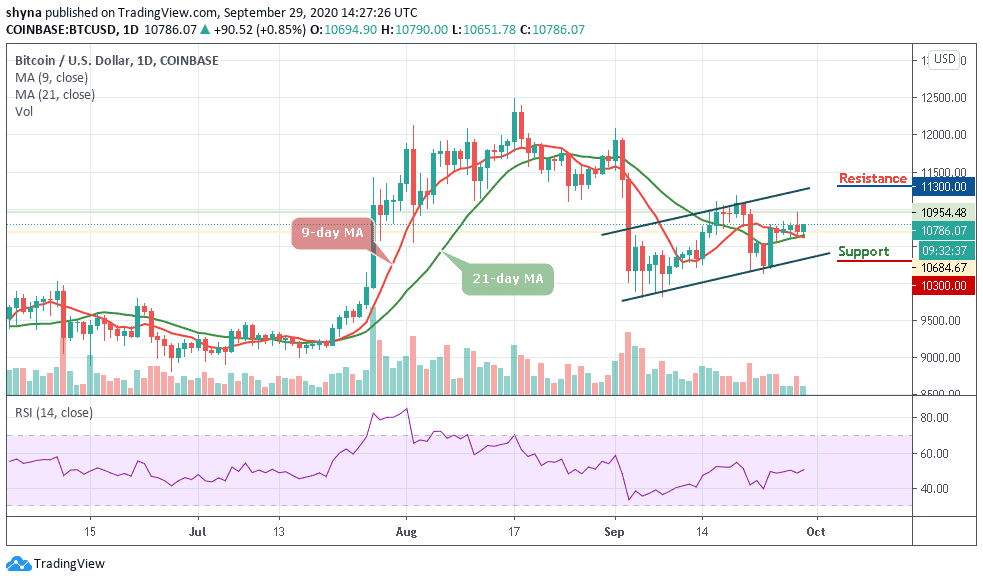Join Our Telegram channel to stay up to date on breaking news coverage
The Australian government has unveiled a new digital business plan to improve its financial industry’s functionality. According to a report from Ledger Insights, Prime Minister Scott Morrison released the plan this week, with several new blockchain initiatives embedded in it.
A Sign of Future Things
Ledger Insights report confirmed that the new plan is a precursor to the country’s official budget. It is worth a total of A$800 million ($569 million), of which 6.9 million has been marked for developing two blockchain pilots that will reduce business compliance costs. On its focus, the Prime Minister explained, “The Plan supports Australia’s economic recovery by removing out-dated regulatory barriers, boosting the capability of small businesses and backs the uptake of technology across the economy.”
The pilot programs are joined by a A$256 million ($182 million) digital identity system and a single business ledger, worth A$420 million ($299 million). While it’s unclear whether the government plans to incorporate blockchain to a greater degree in the final official budget, this isn’t a wrong way to begin, and it shows that blockchain has a future on the continent.
Blockchain’s Financial and Technology Adoption on the Rise
This isn’t the first time that the government will make overtures to the blockchain industry. In a draft report from earlier this month, the government’s Senate Select Committee on Financial Technology and Regulatory Technology confirmed that blockchain would be a more critical aspect of the country’s business and technology industries from now on.
The report formed part of a roadmap to the country’s economic recovery, after it suffered its first recession in three decades due to the coronavirus pandemic. The government announced that growth in Q2 2020 hit negative territory, adding that it would focus on bolstering the economy in the future to avoid additional crashes.
In the document, the Senate Committee made several recommendations concerning the country and its embrace for technology to become globally competitive. Committee Head, Sen. Andrew Bragg, explained that they hoped to achieve two primary things from the report – job creation and expansion of choices for citizens.
However, most notably, the report referenced how blockchain could become a $3 trillion market in the country by 2030. Quoting Piper Alderman partner Michael Bacina, the report highlighted that blockchain application could grow exponentially among the regulatory and financial sectors.
“Most fintech and regtech projects will either be built predominantly on distributed ledger technology or blockchain or heavily using that within the next 10 years,” it clarified.
Blockchain adoption in Australia’s financial sector has already begun. On September 1, the Financial Review reported that three of the country’s “Big Four” commercial banks had formed a new company to digitize bank guarantees using blockchain. The company, known as Lygon, is the brainchild of the Commonwealth Bank of Australia, the Australia and New Zealand Banking Group Limited, and Westpac Banking Corporation. The company also includes two shareholders – technology giant IBM and local shopping conglomerate Scentre Group.
As the report confirmed, the last of the Big Four – National Australia Bank – has tested the technology. However, it pulled out of the project at the last minute.
Join Our Telegram channel to stay up to date on breaking news coverage


